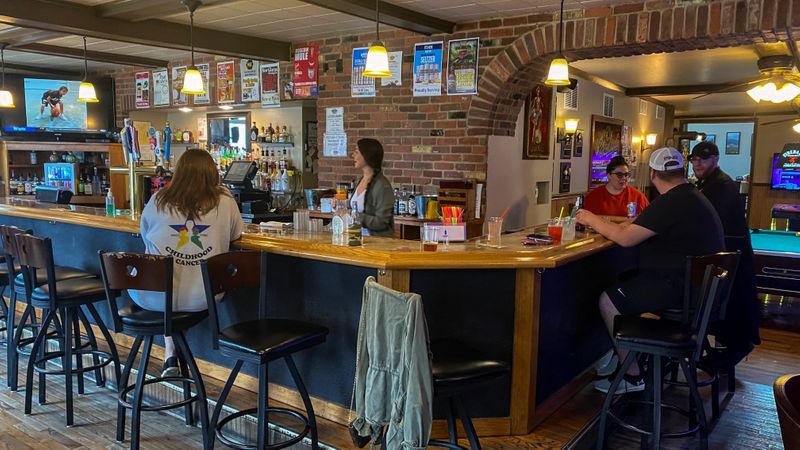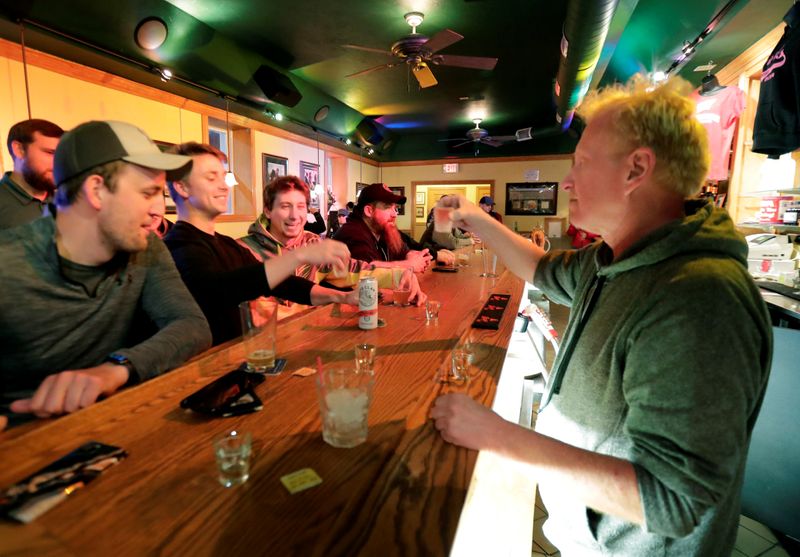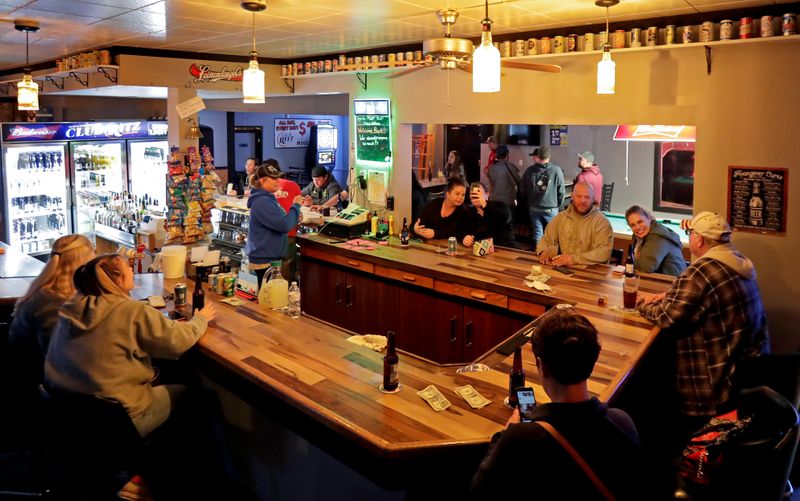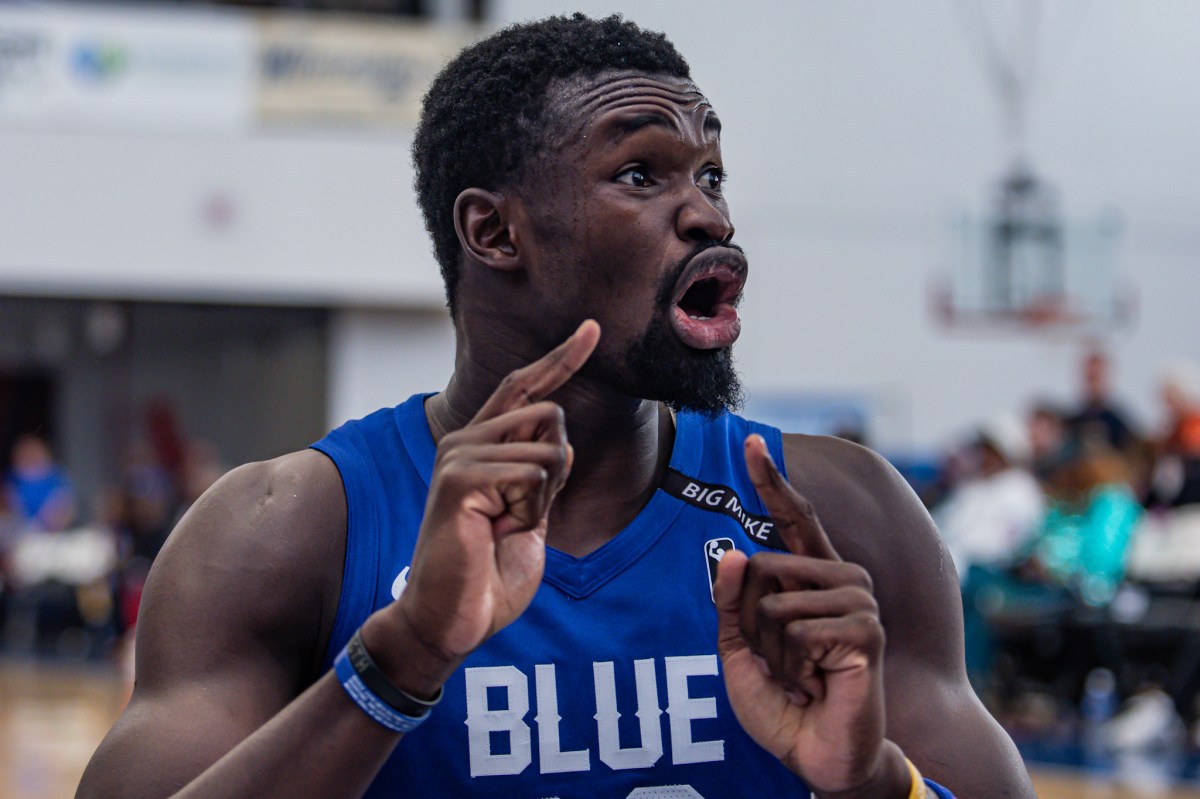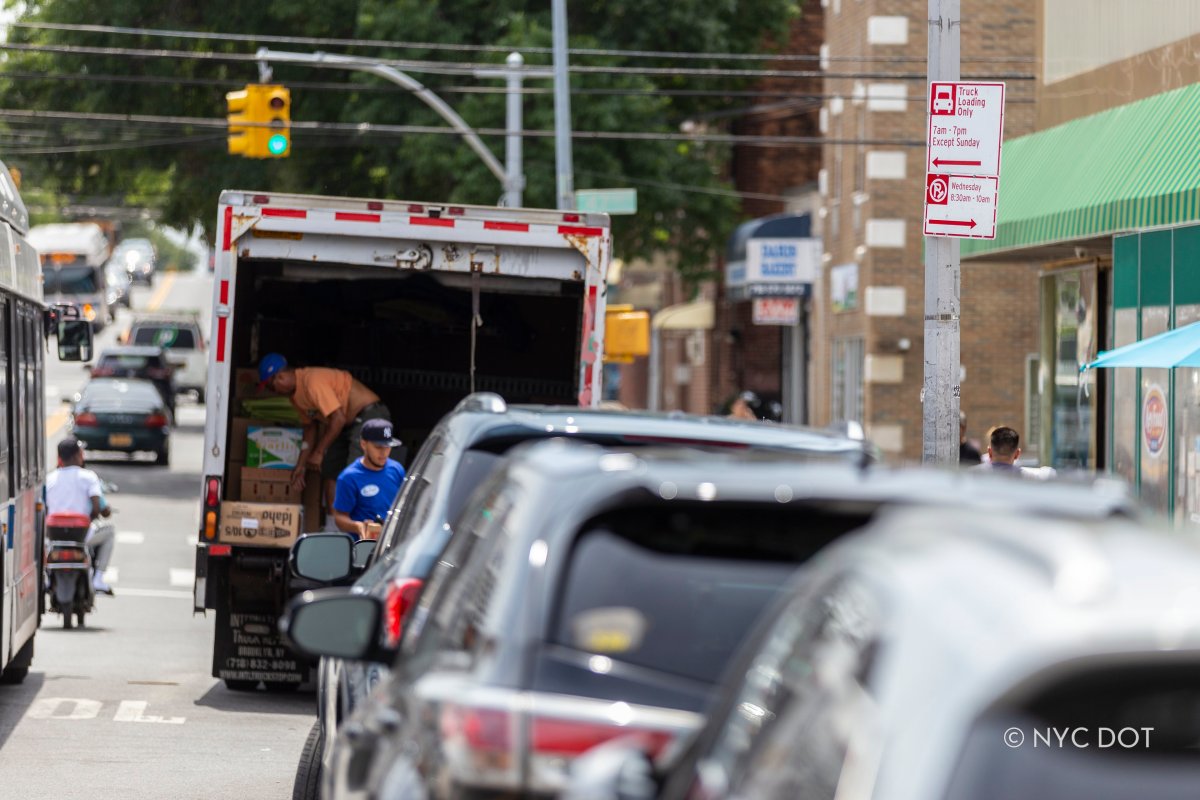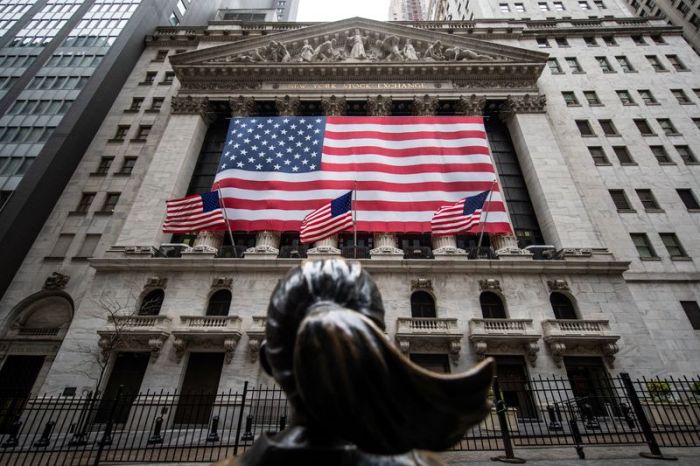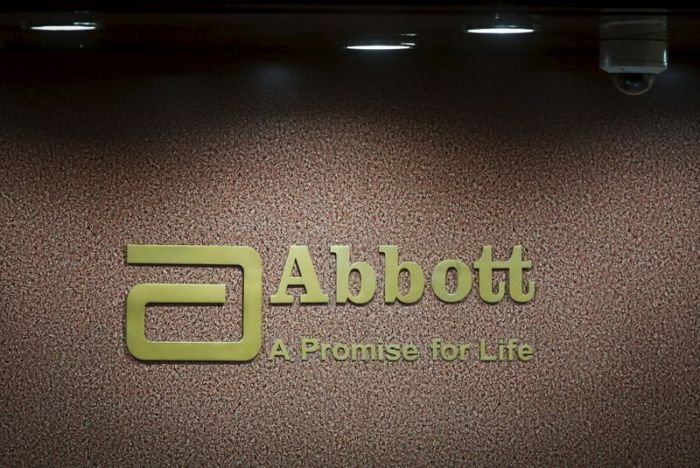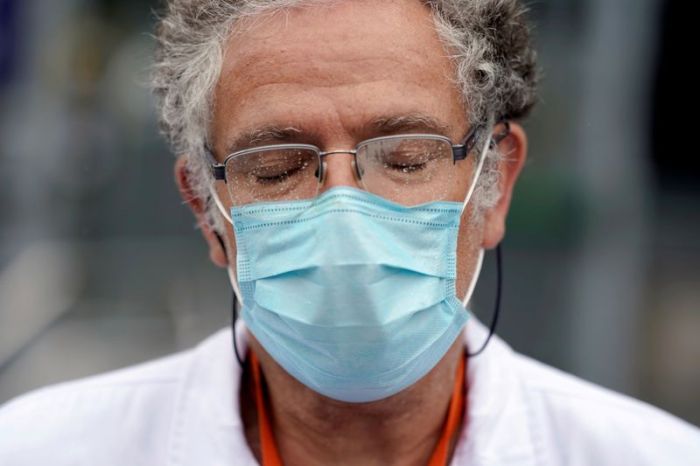(This May 14 story corrects location of Thiensville, Wisconsin in paragraph 11 and name of governor in paragraph 14)
PORT WASHINGTON, Wis. (Reuters) – As a handful of patrons sat at the bar nursing beers and watching a rerun of a Milwaukee Bucks basketball game on a cloudy Thursday afternoon, Junior Useling prepared for what he hoped would be another busy night at the Patio Bar & Grill.
It was just last evening that the Wisconsin Supreme Court ruled the governor does not have the power to impose a statewide coronavirus lockdown, sparking a mix of hope and confusion among struggling business owners across the Midwestern state.
Useling, 71, considers himself one of the lucky ones: Port Washington is part of Ozaukee County, which unlike a half-dozen other counties and cities across Wisconsin has interpreted the court’s decision as an unfettered green light.
“Why would I stay closed? … I got mortgages and bills. My god, if we kept on going we would all be broke,” he told Reuters. “This country is supposed to be free to do what you want.”
The court sided with a legal challenge from Republican lawmakers who argued the state’s top public health official, Andrea Palm, exceeded her authority by imposing a stay-at-home order through May 26.
Not long after the ruling was announced, some beer-loving Wisconsinites rushed to bars for their first taste of freedom in nearly two months, and pictures appeared on social media of maskless crowds of revelers nowhere near 6 feet apart.
The rift over how and when to reopen in Wisconsin reflects its status as a key battleground for the Nov. 3 presidential election, along with neighboring Michigan and Pennsylvania, which Donald Trump won by a hair in 2016.
At a media briefing on Thursday, Palm urged state residents to continue to stay home even if their local leaders said otherwise, warning that relaxed restrictions risked “increasing our cases and deaths.”
Wisconsin had recorded 11,380 coronavirus cases and 433 deaths as of Thursday.
The owner of Remington’s River Inn, Amy Ollman, said she had already made up her mind to reopen before the ruling, a decision endorsed by a patron who shouted “open up America” as she described cleaning tables and chairs for the past two weeks.
“Top to bottom, left to right, we cleaned this entire place,” she said from behind her bar in the village of Thiensville, about 20 miles (32 km) north of Milwaukee and also part of Ozaukee County. “It’s time to get back to normalcy.”
WRESTLING WITH DECISIONS
The court’s decision came as state leaders wrestle with how and when to relax mandatory business closures and other restrictions on social gatherings that have proved successful in slowing the outbreak but have devastated the economy.
Like most of his counterparts, Wisconsin Governor Tony Evers has had to weigh the interests of cities such as Milwaukee and Madison against less-populated areas that have seen fewer cases of COVID-19, the illness caused by the virus.
Evers’ one-size-fits-all approach rankled Republicans in his state and drew fire from President Donald Trump, who took a swipe at the governor on Twitter on Thursday saying Wisconsin was “bustling” and “people want to get on with their lives.”
But the court’s ruling also triggered confusion as some local leaders in cities such as Milwaukee and Appleton, as well as in Dane, Brown and Kenosha counties, kept their lockdowns in place.
Kristine Hillmer, president of the Wisconsin Restaurant Association, sent out guidance on Thursday telling her group’s 7,000 mainly independent eating and drinking establishments to follow local restrictions if they exist.
“The rest of the state they can open 100% however they want,” she said. “It’s a little bit of the Wild Wild West right now.”
Mike Eitel said his phone “blew up” after the court ruling with patrons wanting to know if Milwaukee’s Nomad World Pub and the other establishments he owns would be opening that night. He said it was a clear sign of pent-up demand.
But like other owners, Eitel said he has struggled to buy masks, gloves and other protective equipment for his workers, is faced with rising meat prices and wonders if a bar can even be profitable with strict social distancing rules.
He has also had to straddle two worlds: while the Nomad cannot open its doors until May 26 at the earliest under city rules, the outdoor bar and water sports rental shop he runs in neighboring Waukesha County has been free of any restrictions as of Wednesday night.
“There is massive confusion on what it all means,” Eitel said. “It’s insane.”
(Reporting by Brendan O’Brien in Port Washington, Wisconsin and Nathan Layne in Wilton, Connecticut; Editing by Bill Tarrant and Daniel Wallis)

